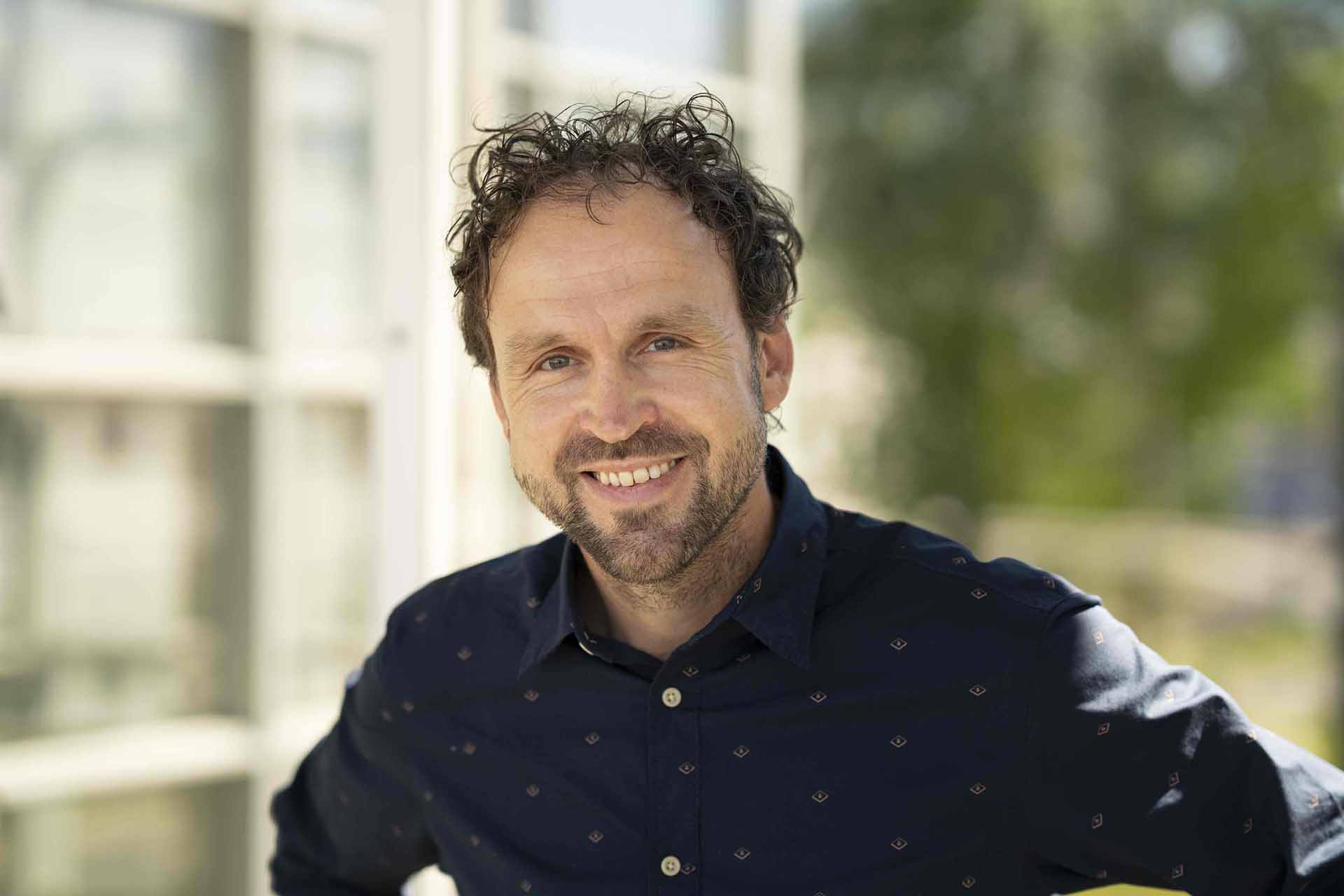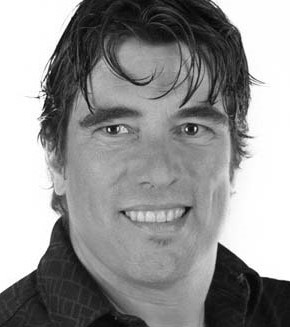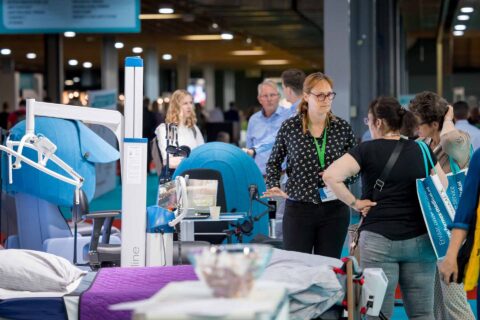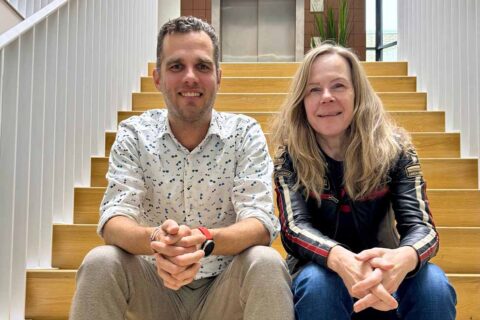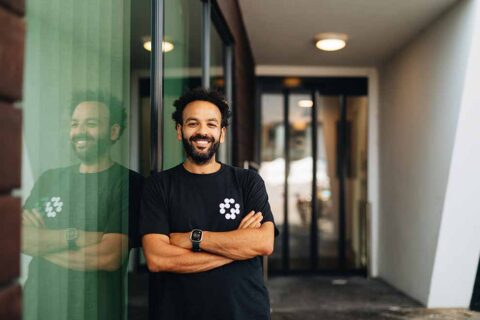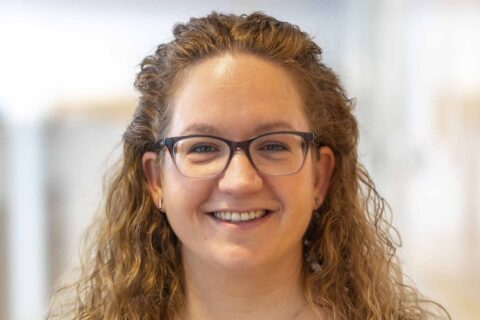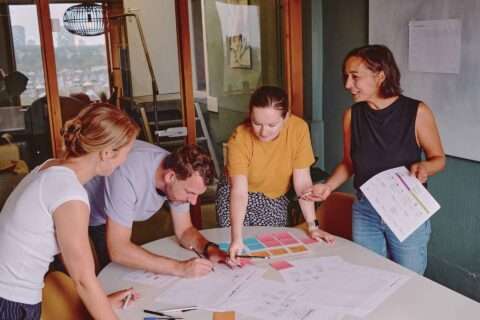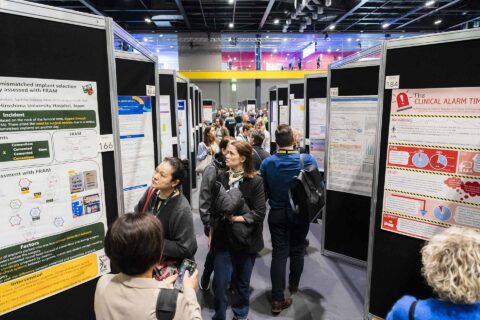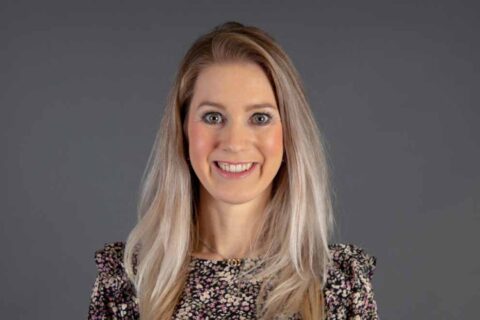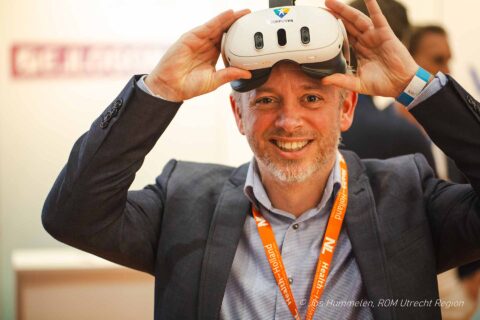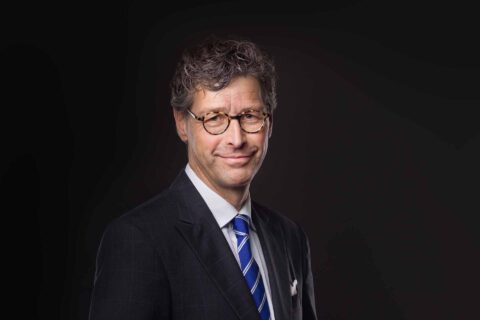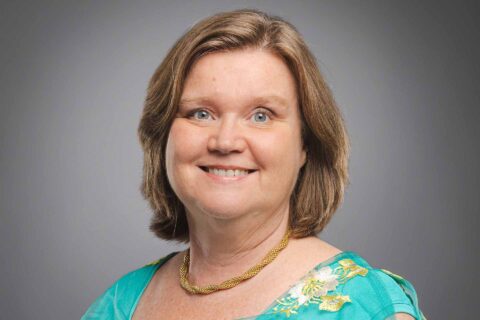There is a significant increase in innovations in healthcare in The Netherlands. But how do you know where the innovations can bring the most added value in healthcare? How do you get validation and certification on the Dutch market? How do you find a launching customer and how do you get an overview of the Dutch healthcare system and its stakeholders? Many foreign innovators want to enter the Dutch market and subsequently face many challenges. As an Open Health Lab, the region Utrecht has a lot to offer to foreign startups and scaleups, especially access to the Dutch healthcare market.
Jaap Trappenburg, Associate Professor at THINC (The Healthcare Innovation Center) of UMC Utrecht and Nino Bellengé of Medscaler, located in Dot Slash, will tell more about this during Dutch Health Week on June 13th. They share their lessons learned from dozens of healthcare solutions that have entered the Dutch market.
Open Health Lab
“The regional ecosystem here in Utrecht is reasonably fit for purpose and centrally located and therefore very appealing for foreign healthcare parties,” Trappenburg explains. “Those companies can use the region Utrecht as a stepping stone to enter the Dutch market. Our unique proposition is that in this region we can advance all foreign healthcare companies in every phase of the innovation process they are in. We really want to show that we are an Open Health Lab for innovators that want to enter the Dutch Market.”
THINC, part of the UMC Utrecht, is part of Utrecht’s ecosystem. Foreign healthcare innovators call them in to make well-funded decisions where they both can and want to impact healthcare. The focus is mainly on innovations in e-health, medical apps and medical technologies and devices. With their science as a service, foreign companies have access to KOLs, patient groups, test users, healthcare professionals and healthcare costs. “We also think along at an early stage about the usability and cost-effectiveness of the innovations”, says Trappenburg. “We conduct research that serves, among other things, innovation development, CE certification, clinical evaluation, (early) economic evaluation and implementation.”
Quick testing and validation
Besides THINC, other stakeholders in the region also want to further foreign innovators, like U-Trial or Medscaler. That is why this region has so much to offer. “In the region of Utrecht, we can quickly test and validate and generate knowledge in different phases for the innovation to be effective. We have already built quite a track record in this area. We complement each other in the region to help foreign companies, which only increases the attractiveness of the region.”
“We are also a service provider that is well able to map the Dutch market for them. We help companies to make quarters, provide context and bring knowledge to the table about this innovation. It is therefore also indirectly about business strategic support. What would a route via the GP mean in terms of reimbursement and stakeholders? And what if you choose a route via a certain clinic or a hospital? What are the market parameters, volumes, the type of stakeholders, the reimbursement routes?”
“The legislation is also something some foreign companies are naive about. Besides the legal framework, you also need to know what the thresholds for evidential value are. To collect that evidential value in that Dutch setting, you need a party that can provide scientific knowledge, testing facilities and tailor-made evaluations to those innovators in that Dutch context. And that is what we do.”
Dutch Data
If companies from outside Europe want to gain a foothold in Europe via the Netherlands, they need European certification, like the CE certification. For this, they have to perform studies in a European country. “Within Utrecht’s ecosystem, we can provide everything that these companies need in these areas. THINC provides methodological advice and design studies required for certification. We can then actually carry out these studies. If an investor or health insurer needs to be convinced, our expertise in the field of clinical or economic evaluations is used. We can perform economic analysis at a very early stage. We don’t really need large experiments for this. We can model by using Dutch data.”
“You can then test different scenarios on this. What if you implement or abandon the innovation in a specific care pathway? What if you implement the innovation with one patient population or instead another? How much efficiency can be gained, and who benefits from it? That is often the party you then have to convince. For positioning issues, however, Medscaler provides valuable insight with market research.”
The ROM Utrecht is an important stakeholder in the development of the Open Health Lab. Trappenburg: “On June 13th, I will zoom in more on how we in the region try to excel in fast, timely and adequate testing and validation. For example, we recently started collecting tailor-made evidence for a Swedish company in order to convince the right stakeholders for the Dutch context. We then think carefully about who those stakeholders are. And what is the healthcare context in which their innovation is possible? Thanks to our study, such a party has through science and evaluation, the ultimate opportunity to convert the initial interest of a stakeholder into a foot between the doors.”
Learn more about entering the Dutch Market? Register for free for Zorg & ICT at Jaarbeurs. The meeting will be held on thesday 13 june from 4 pm to 4.30 pm at the Heart of Health Startup plein on the exhibition floor.. Drinks start at 16:45!
